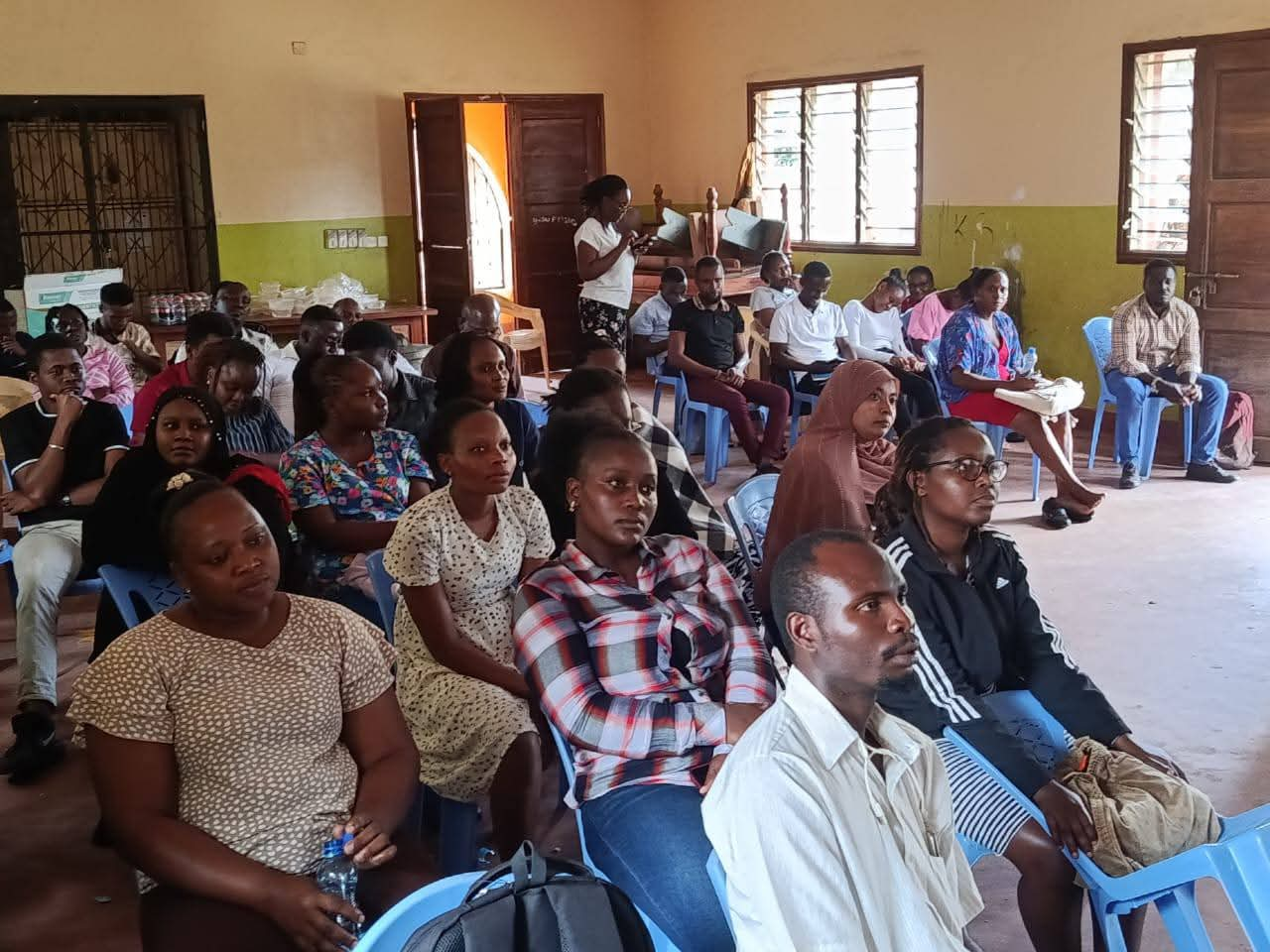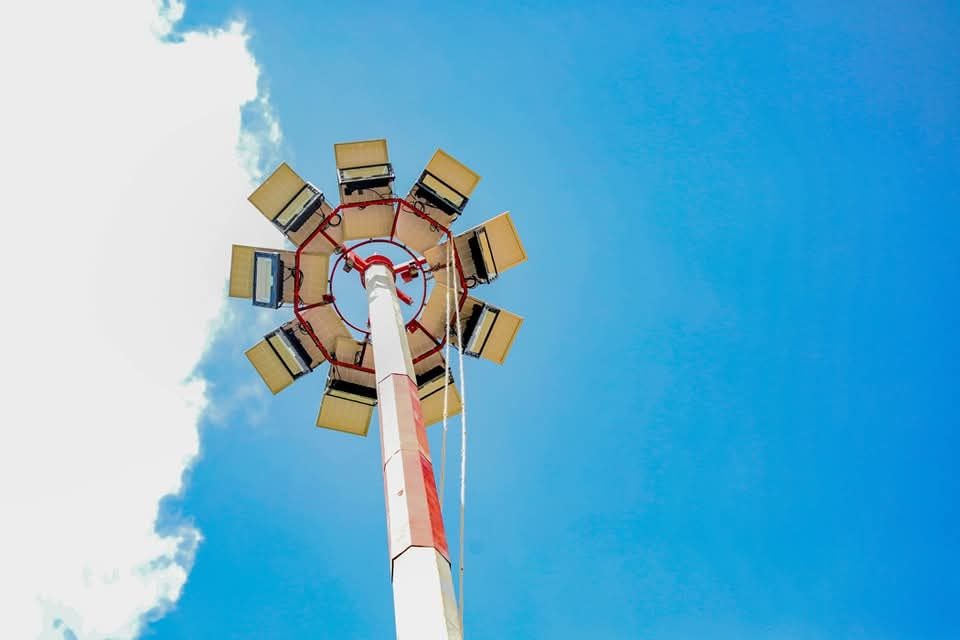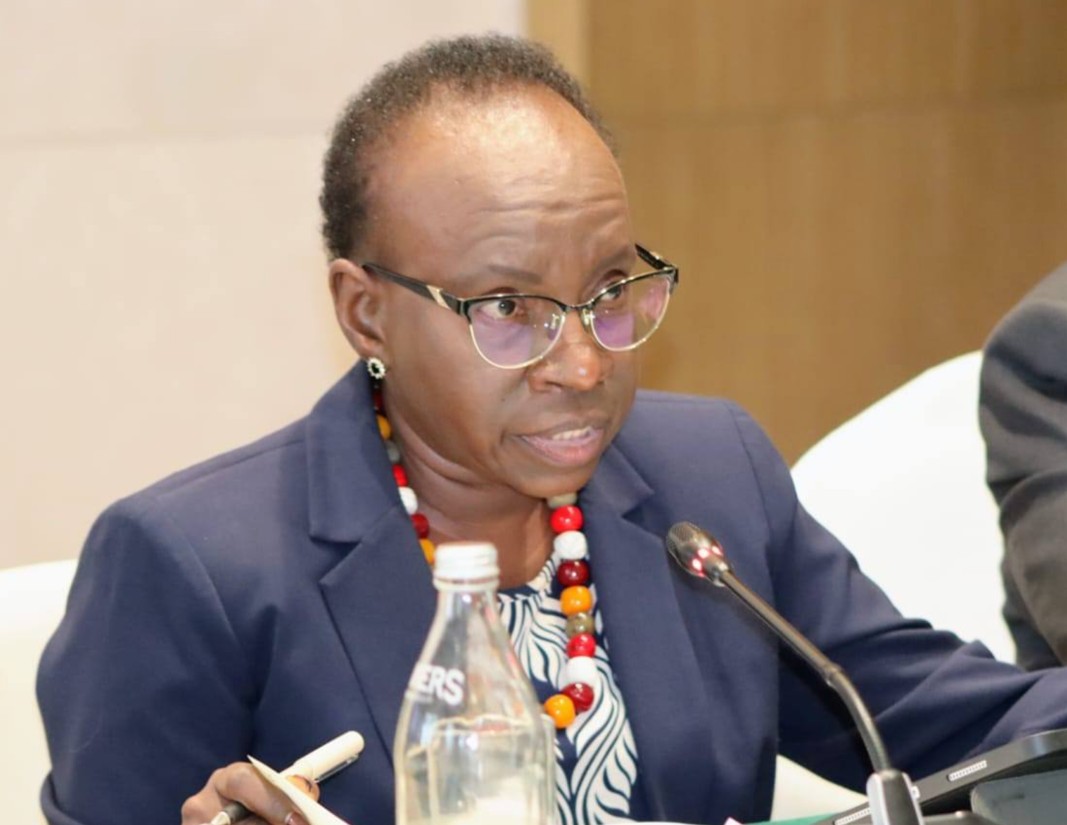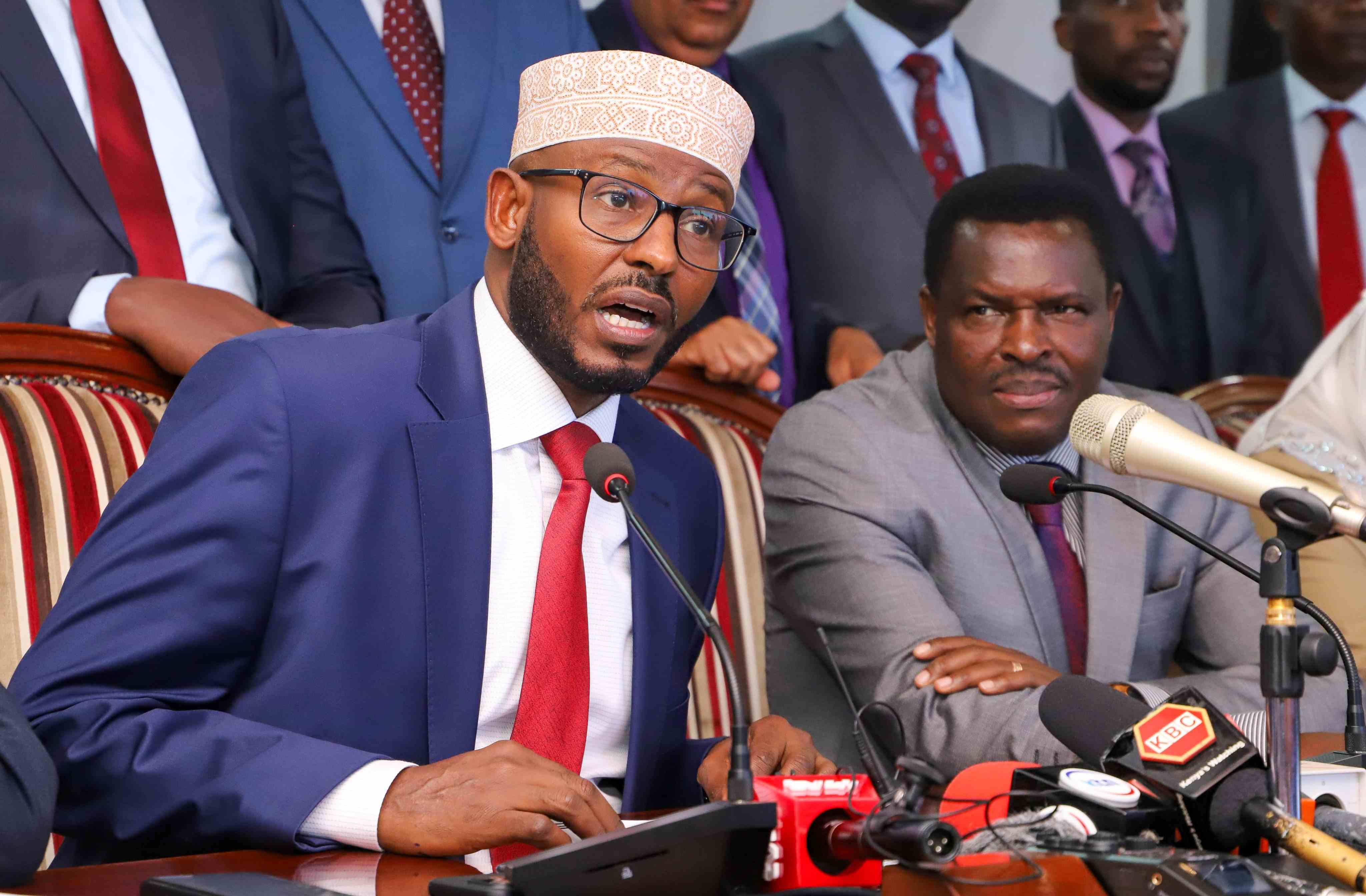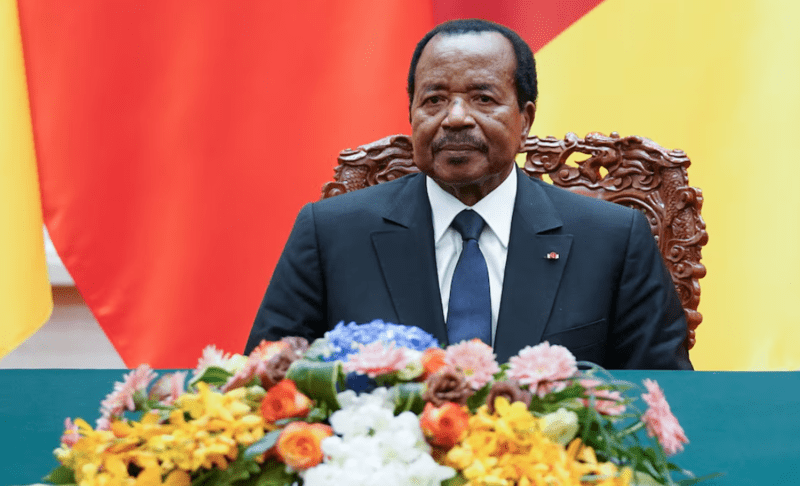Treasury launches e-procurement system with price caps to curb inflated spending
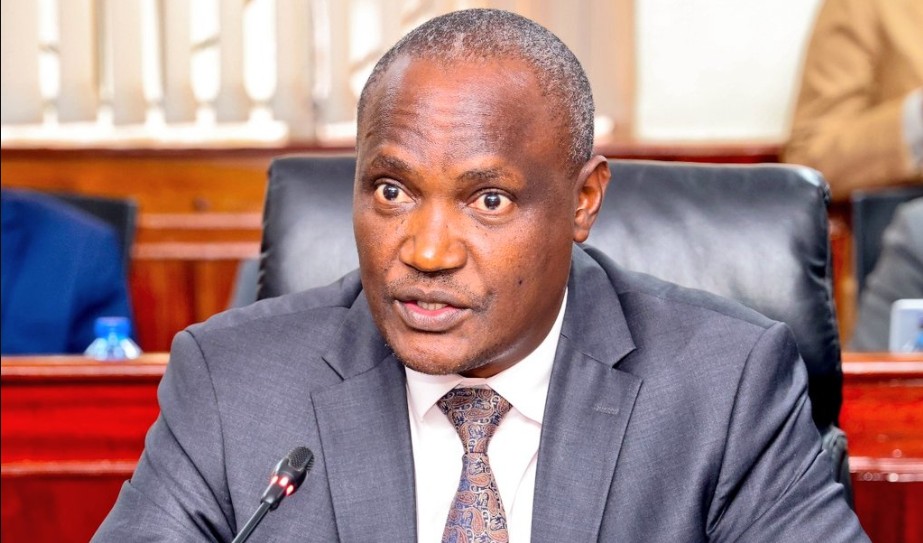
This will be part of a new electronic procurement system that regularly updates item prices based on market surveys and locks them in the platform to prevent overspending.
In a move to stop rising prices and close procurement loopholes, the government has introduced fixed price limits for all goods and services purchased by State agencies, county governments, and other public bodies.
This will be part of a new electronic procurement system that regularly updates item prices based on market surveys and locks them in the platform to prevent overspending.
More To Read
- Resign if you can’t adapt: Ruto warns state officials opposing e-procurement
- Cash crunch hits counties as e-procurement system implementation falters
- Union seeks court orders to halt privatisation of Kenya Pipeline Company
- Senators oppose Treasury’s centralised county revenue management plan
- Mbadi urges State agencies to prioritise PPPs in project planning
- Mbadi gives counties 30 days to integrate payrolls with IPPD
Joel Bett, programme coordinator at the Public Financial Management Reforms Secretariat under the National Treasury, explained that the new system will not allow procurement officers to approve payments above the fixed market price.
“They (prices of these items) will be put in the system. So, if this pen is to cost in the market, let us say Sh100, any procurement person cannot go beyond that price. The system will not take it,” he said.
Previously, price guidelines for common items were set by the Public Procurement Regulatory Authority through manual market surveys.
However, procurement officers and suppliers often ignored these limits, leading to rampant price inflation and collusion. This has resulted in scandals where basic items were bought at wildly inflated prices.
For example, a county government once paid Sh109,000 for a wheelbarrow, condoms were priced at Sh32,000 per dispenser, and a television intended for a youth project cost Sh1.7 million. Even simple supplies such as pens and paper were charged at rates up to four times higher than market value.
Bett noted that some suppliers inflated prices to cover the loss of money value caused by delayed payments, as many had to wait years to get paid.
The Treasury is confident the new digital system, backed by automated exchequer releases, will end this problem by ensuring faster payments to suppliers.
The e-procurement platform officially launched in July 2025 following President William Ruto’s directive earlier this year to digitise procurement processes. The system aims to bring transparency, end price inflation, and reduce corruption in how public tenders are handled.
Top Stories Today

